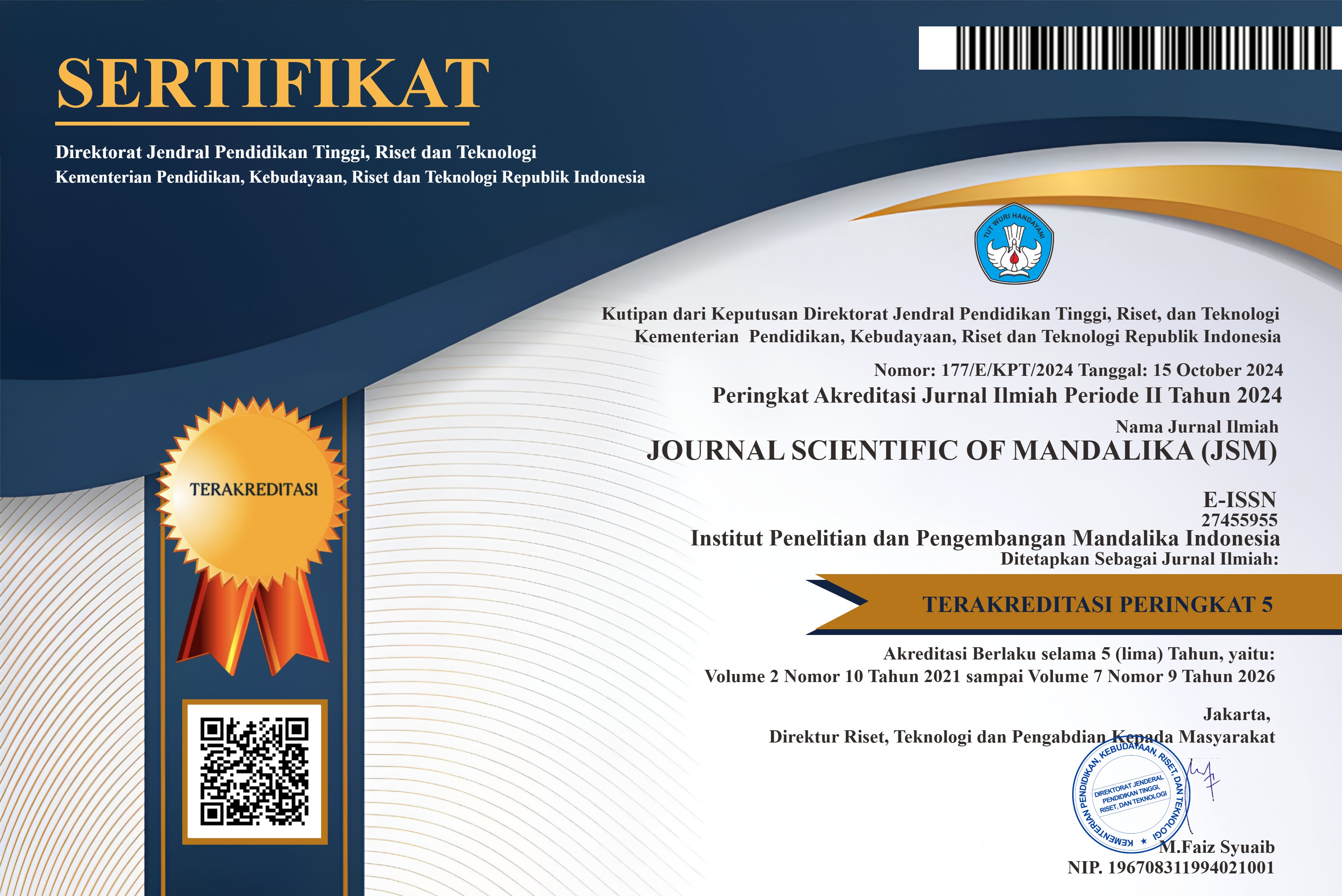Audit Psychology and Fraud Behavior Across Generations: Studi Literatur pada Sektor Keuangan dan Non-Keuangan
Abstract
This study aims to analyze the relationship between audit psychology and the tendency toward fraudulent behavior within the context of different generations, both in financial and non-financial sectors. Using a literature review approach, this research examines various previous studies focusing on auditors’ psychological factors, ethical behavior, organizational pressure, and the influence of generational differences on perceptions and attitudes toward fraud. The findings indicate that factors such as pressure, rationalization, opportunity, and capability—outlined in the Fraud Diamond Theory—remain the main drivers of fraudulent behavior. However, psychological dimensions of auditing, including professional skepticism, integrity, and individual moral values, also have a significant impact.Furthermore, generational differences were identified: for instance, Generation X tends to be more conservative and cautious in decision-making, while Generations Y and Z are more adaptive to technology but more vulnerable to external pressures and rationalization of unethical behavior. These differences imply the need for risk management and audit approaches tailored to generational characteristics to effectively prevent fraud.This study recommends enhancing ethical education and psychological training for auditors, integrating technology into monitoring systems, and implementing behavioral-based policies within organizations. Accordingly, the findings of this research are expected to contribute to strengthening governance and improving audit effectiveness in addressing intergenerational fraud challenges.
Copyright (c) 2025 Zakaria Kuswara

This work is licensed under a Creative Commons Attribution-ShareAlike 4.0 International License.













